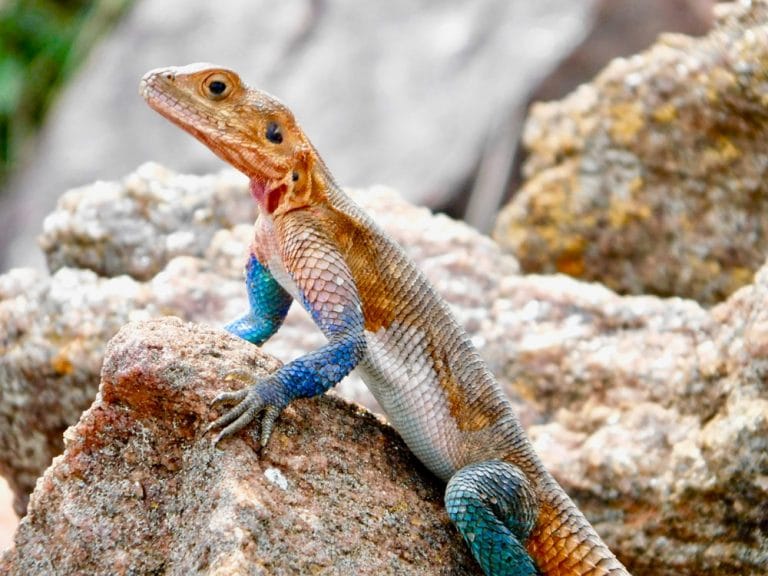Pretending to be an ant in this Facebook group could help you go through self-isolation
We’re all coping with the coronavirus pandemic in different ways. Baking is certainly a popular option, with plain flour now more scarce than toilet paper and sex toy sales skyrocketing. Unable to meet friends and socialise in ‘normal’ ways, many of us are inevitably spending more time online—and embracing new, alternative, and unusual forms of socialisation and escapism.
In response to this ‘new normal’, peculiar and oddly specific Facebook groups are popping up endlessly, creating communities dedicated to memes and quarantine trends. Several weeks ago, museums like The Getty and the Rijksmuseum asked their followers to recreate famous artworks from their collections; now, a Facebook group dedicated to the same task has almost 45,000 members.
Community networks have been set up to share resources, such as flour, and exchange materials, like books and board games. One group in particular caught my eye and I immediately had to join. Founded last summer, the membership has recently exploded due to the current situation, quickly passing one million and now over 1,500,000.
The group in question—A group where we all pretend to be ants in an ant colony—is quite self-explanatory, really. Posts focus on memes, photos and videos of ants: sourcing and foraging food, fighting off attackers. Comments are capitalised and spaced out, so lift becomes ‘L I F T’. The ants help each other out with exploring, harvesting and construction. Puns abound and A Bug’s Life is practically treated as a sacred text.
Politics are banned, including any mention of COVID-19, which provides perfect escapism. The Queen rules supreme, which does make some posts feel like a strange pro-monarchy cult—until you remember that they’re talking about a hypothetical ant queen and not Elizabeth II.
The group is wholesome and joyful, the perfect antidote to the troubling and anxious times we currently live in. The wholehearted, nearly overwhelming dedication to work and productivity could easily descend to a late-capitalist hellscape, yet the levity of the premise keeps it endlessly positive. And, at a time when it feels difficult to be productive, helping an imaginary ant carry a discarded chip to a hypothetical ant colony feels genuinely useful.
Ultimately, you are connecting ever so slightly to another person somewhere in the world who is also pretending to be an ant—and that makes everything seem a little bit better. A few of my friends also joined, independently; seeing their comments feels like a minor form of socialisation, a connection to the outside world.
And there have even been real world implications. The past week has seen a line of merchandise (“merchANTise”) launched, raising money for The Nature Conservancy, a major American NGO dedicated to “conserving the lands and waters on which all life depends.”
Copycat groups such as anteaters, bees, middle-aged dads, inmates or guards have been endlessly popping up since a tweet about the group went viral. Several similar roleplaying groups have been going for months or even years, pretending it’s 1453 (knights, porridge and plague), 1897 (“A place for confounded tomfoolery, with a dash of beseechery, and a smidgen of haberdashery to boot!”), or 2007-2012 (Club Penguin, emoticons and troll-face memes).
But somehow I keep coming back to these ants. I’ve learned a lot about them in the past week or so. Ants live in colonies, cooperating with one another to protect and sustain the colony as a whole. The whole is greater than the sum of its parts. Without wanting to take this metaphor too far, perhaps we should all be a bit more like ants right now, supporting one another, digitally as well as physically.
Social distancing isn’t easy but it is necessary for the time being, in order to protect the population as a whole and the systems that uphold us. In the meantime, little acts of kindness such as helping out a neighbour or a stranger or even lifting a discarded chip can make a world of difference.





